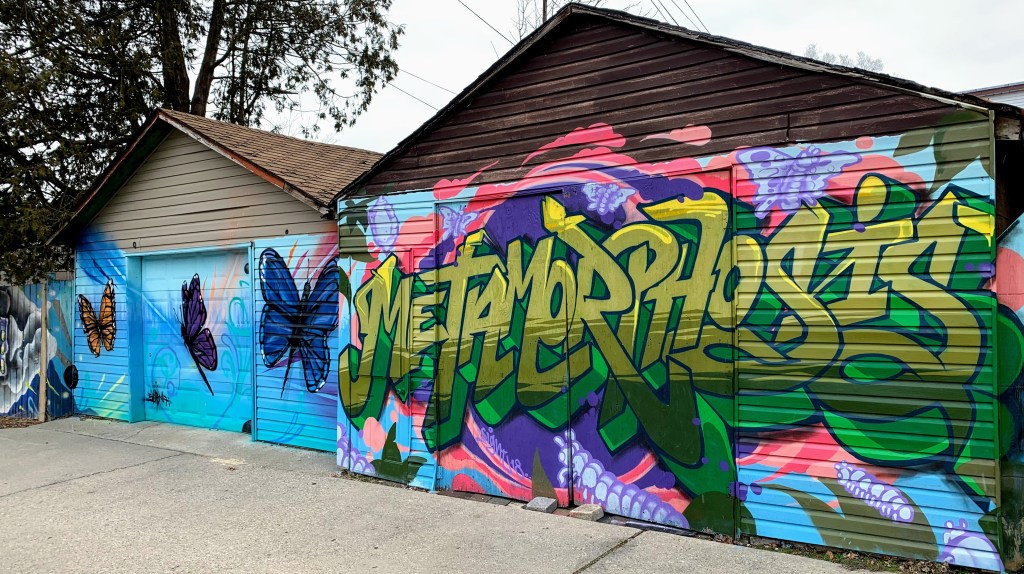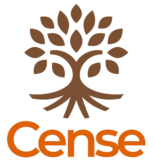
Learning is at the heart of innovation. Our definition of innovation is contingent upon it:
Learning transformed into value, by design
Traditional approaches to learning tend to focus on two things: recall and performance. Thus, we look at knowledge-based tests (consider most of what we took in grade school and college or university) or performance assessments (reviewed accomplishment on a specific task or problem set).
What is often absent from both of these is a consideration of the context and the learner themselves. It’s one thing to be exposed to information or demonstrations of how to do something, yet it’s entirely another thing to actually learn it.
Assessment of Learning: Questions to Ask
Our assessment of learning is inspired by this approach and informs the questions we ask about learning:
- Exposure. What level of exposure did we have to the material or experience? How did this exposure treat our sense of understanding of the problem and the context? What salient information did we attend to during this exposure? How (or were) we attentive to what was presented to us and what was the context in which this was presented?
- Connection. How is what we are exposed to related to what we’ve already experienced? In what ways does this new material fit with what we have previously learned? Where does this material or experience fit in shaping my goals, intentions, or general direction for myself or my organization?
- Reinforcement. What activities allow me to apply what I’ve been exposed to in new ways and in practical ways repeatedly (including fitting with what I already know, whether a theory or practice-focused material)? What systems are in place to allow me to integrate what I’ve been exposed to into my current understanding of the situation? What activities have been set out to enable recall and re-visiting materials in the near and longer-term?
- Application. What opportunities do I have to apply what I’ve learned into shaping a new understanding of a problem or steps toward addressing it? What opportunities are present to reflect and integrate this application of knowledge or skill into my existing repertoire of practice or understanding?
Without these, there is a decent chance we will undergo some form of performative learning — doing activities that look like learning but aren’t really effective. Taking workshops on topics that are not relevant to your work or set up too distant from the problems you’re seeking to tackle is one way. Filling your days with reading articles, watching webinars, taking courses, listening to podcasts, and viewing videos on some material without a means to organize and integrate that into your experience.
You will retain some, but probably not enough to warrant your time and energy. Furthermore, this kind of ‘filling’ of your attention actually serves to decrease the likelihood that you’re able to use this because of the sapping of energy from your brain. The more we expose ourselves to, the more energy is required and eventually we’ll be depleted enough that things won’t stick.
Ask yourself these questions above next time you’re looking to really, truly learn as an individual, team, or organization.
If you’re looking to learn more, do more with what you have, please contact us and we’d be happy to discuss ways we can help you be a better learner and innovator.
Better learning comes from better systems, by design. we can help you build them.

